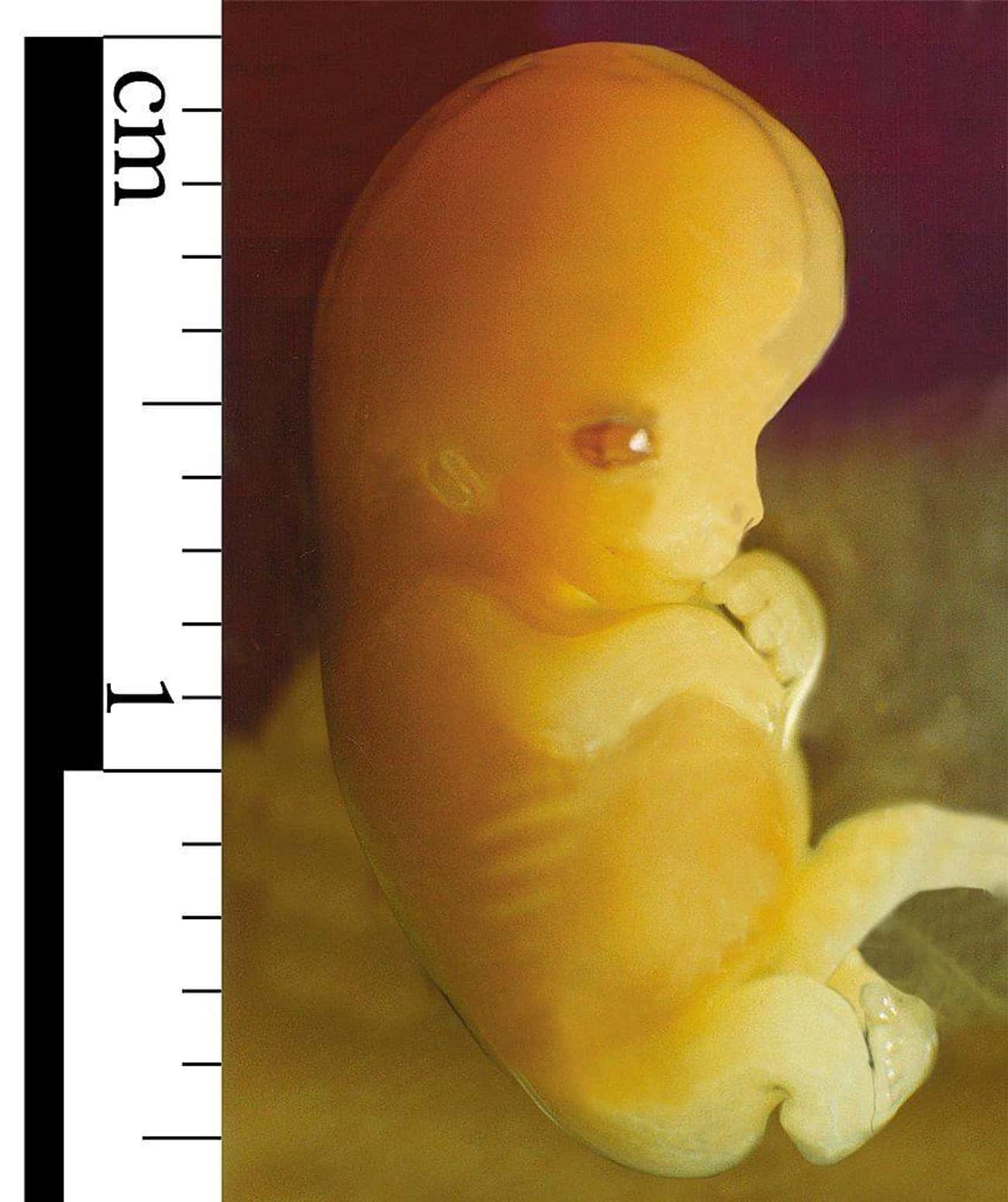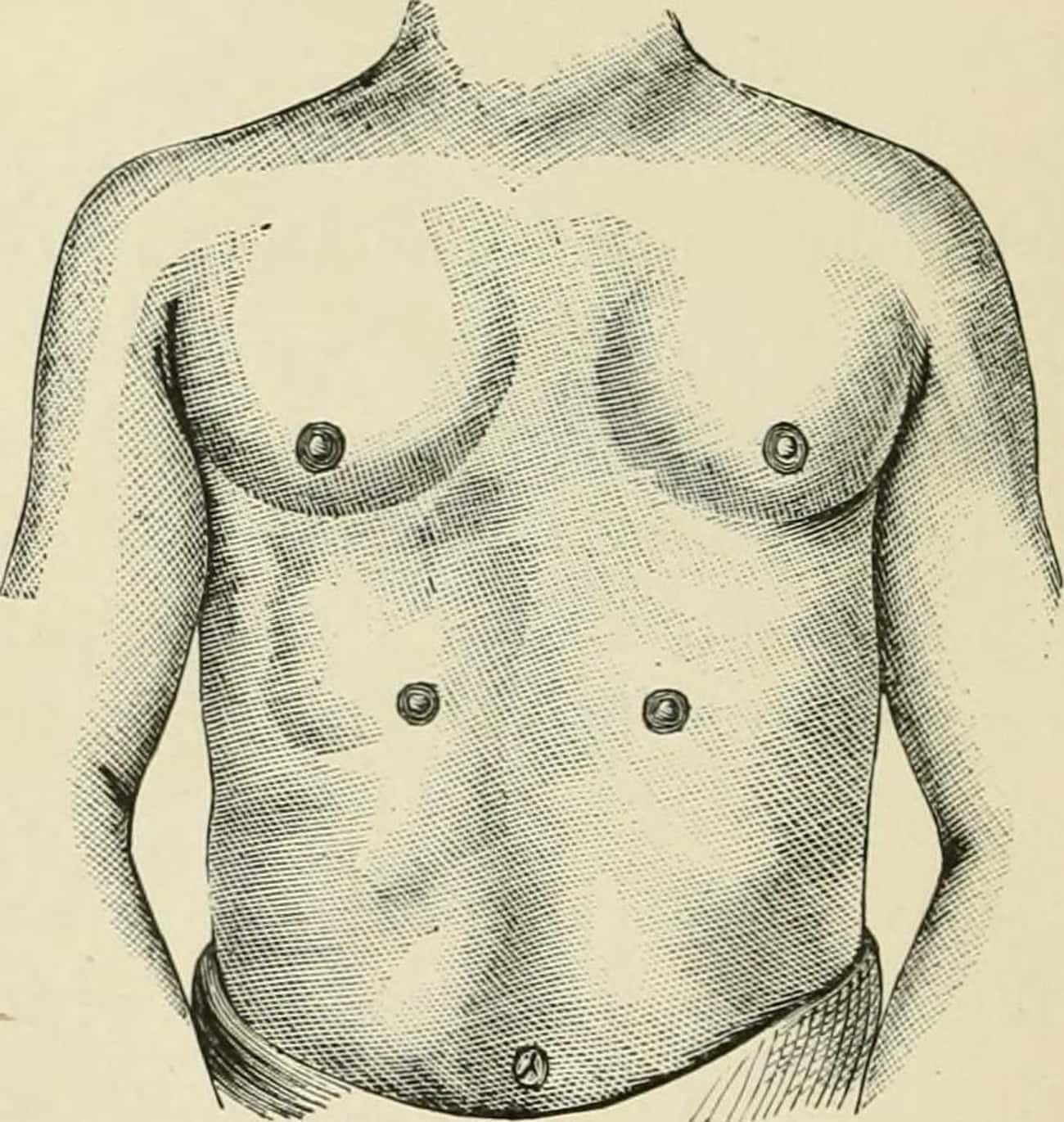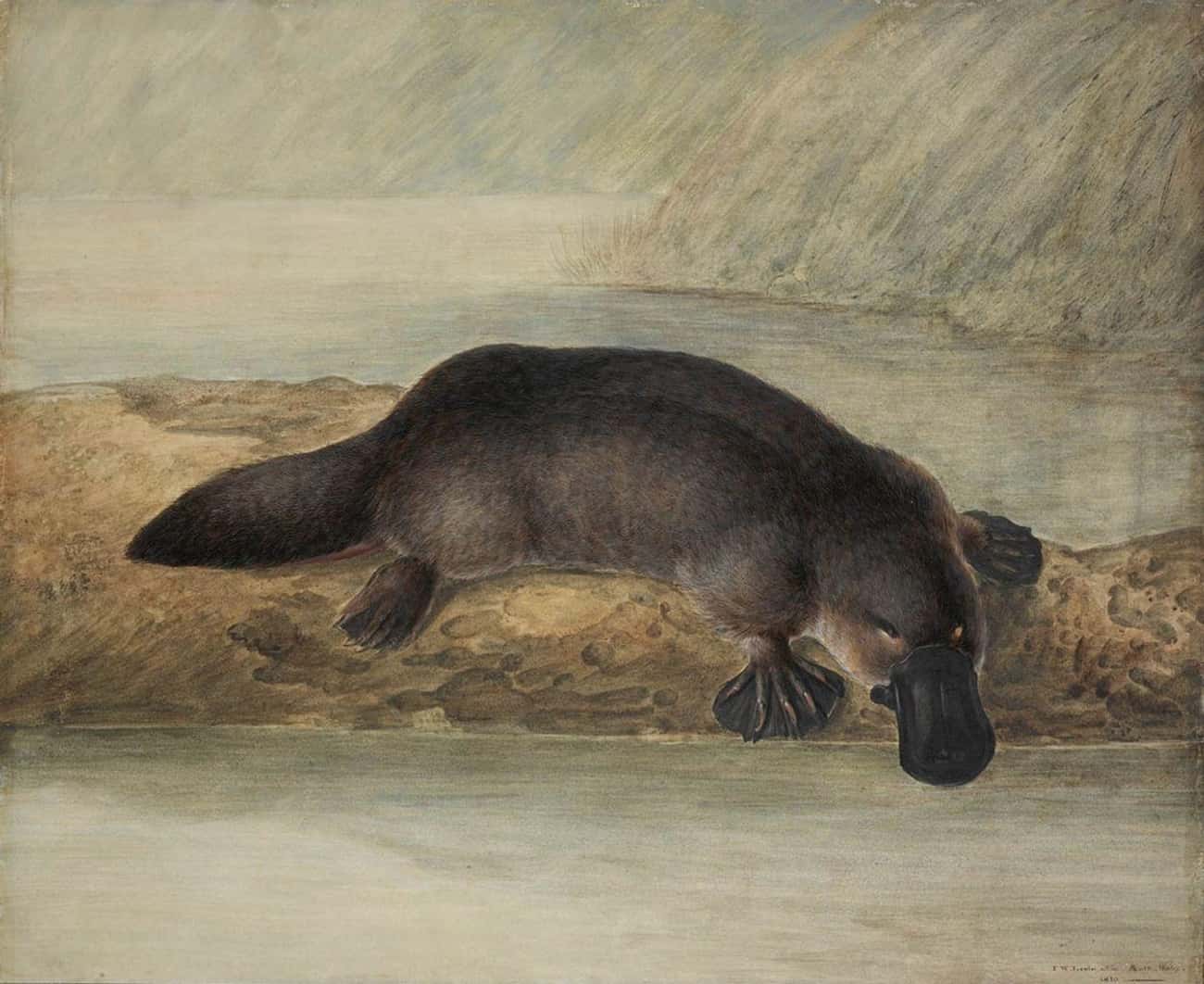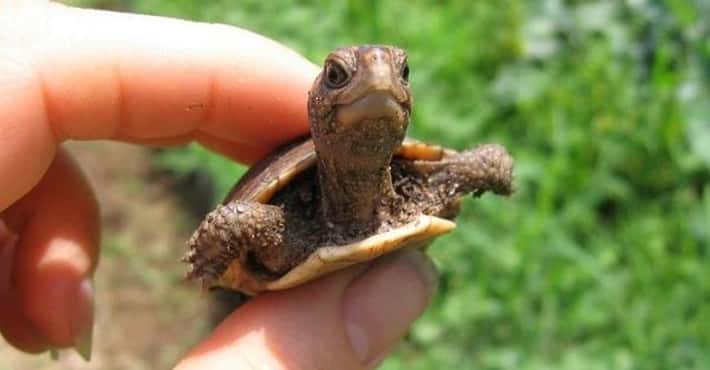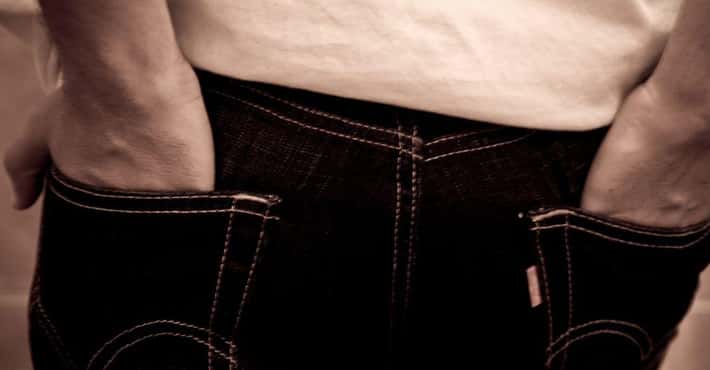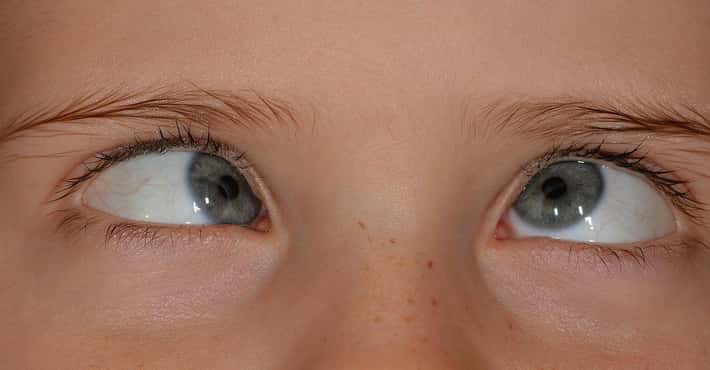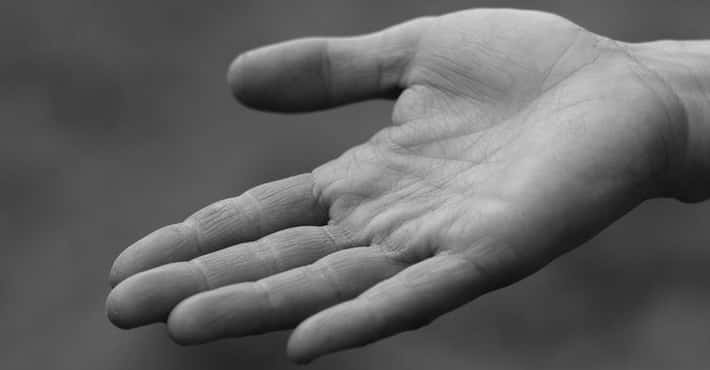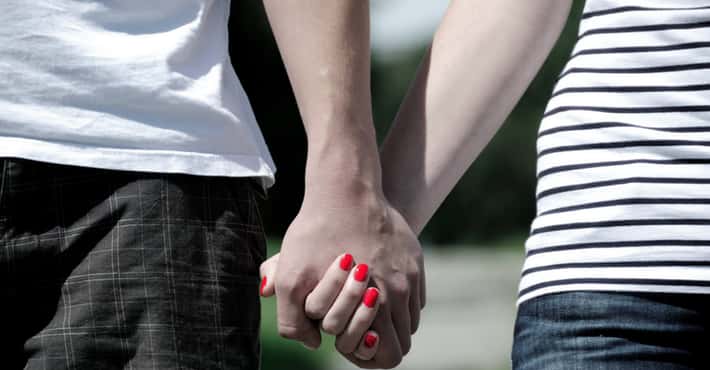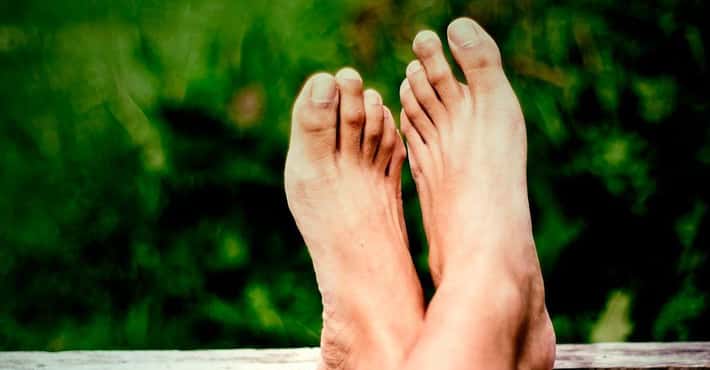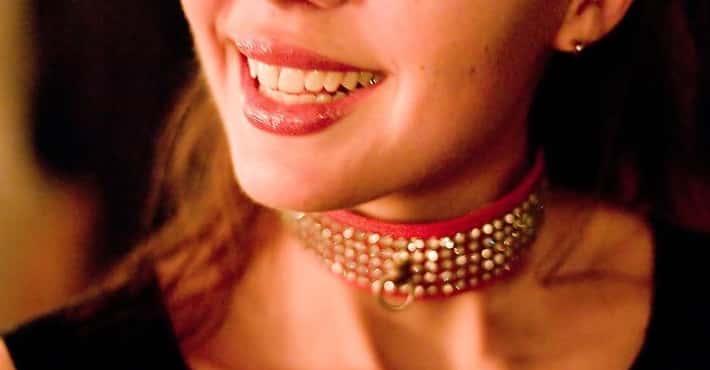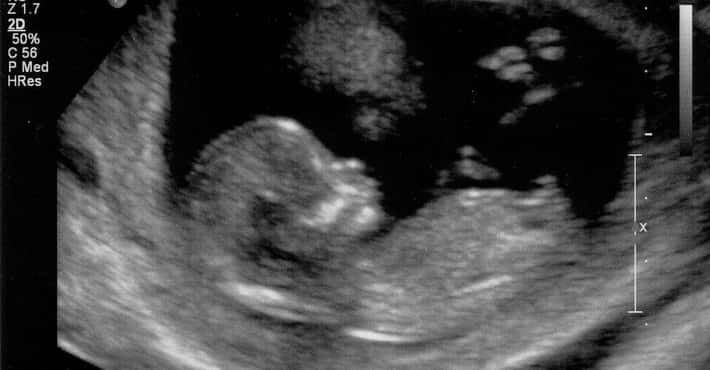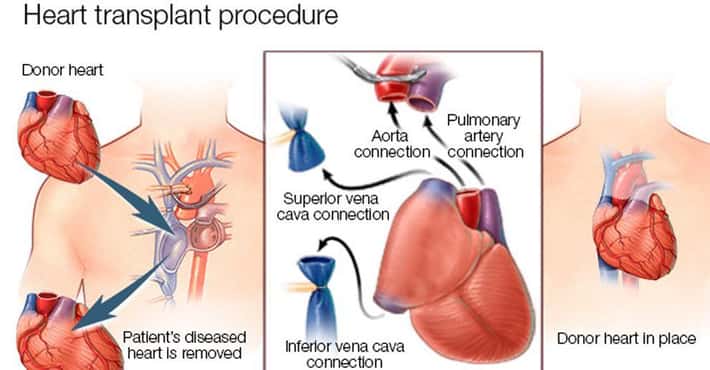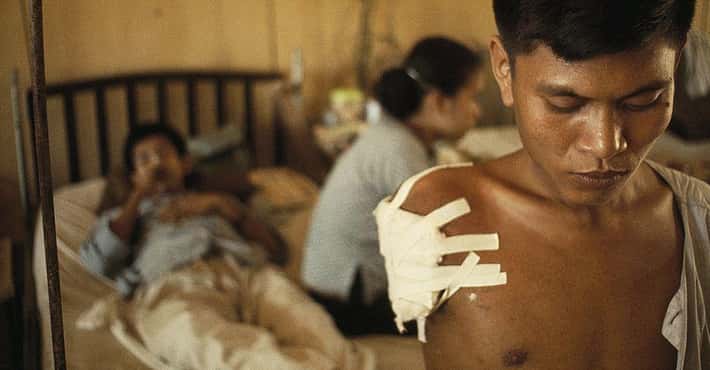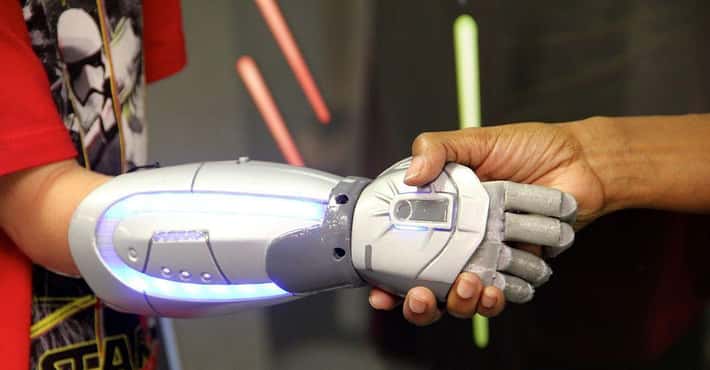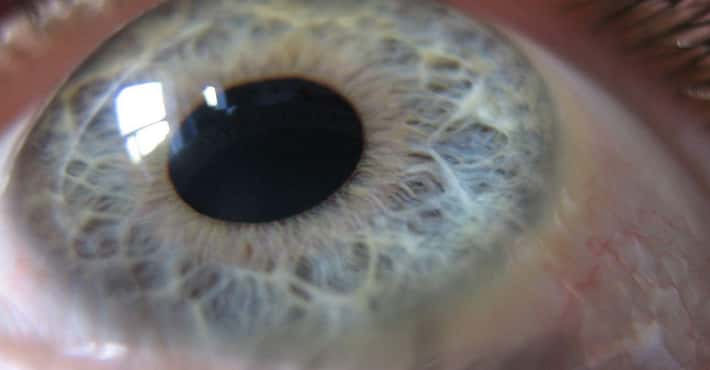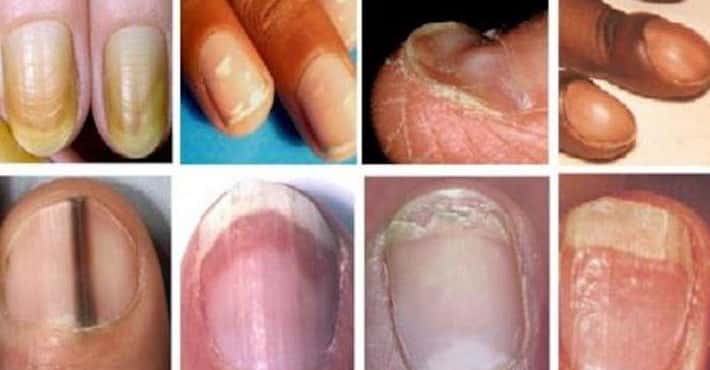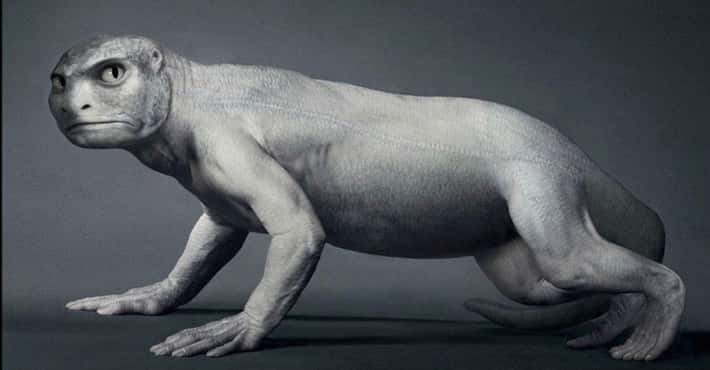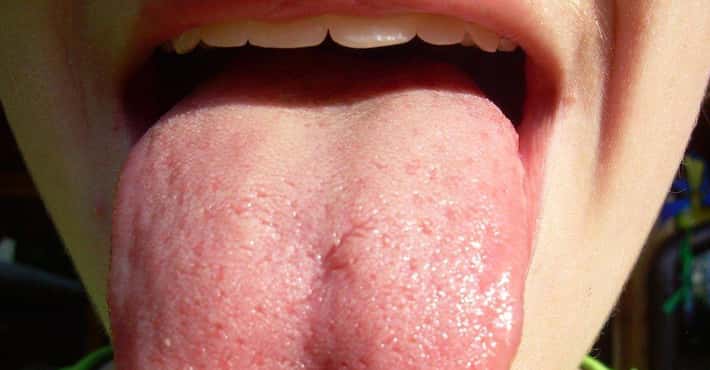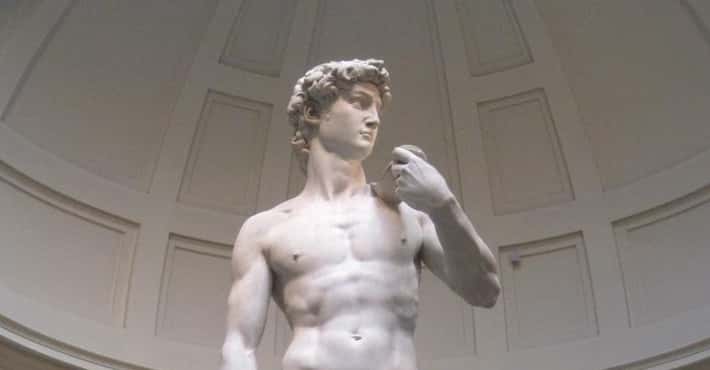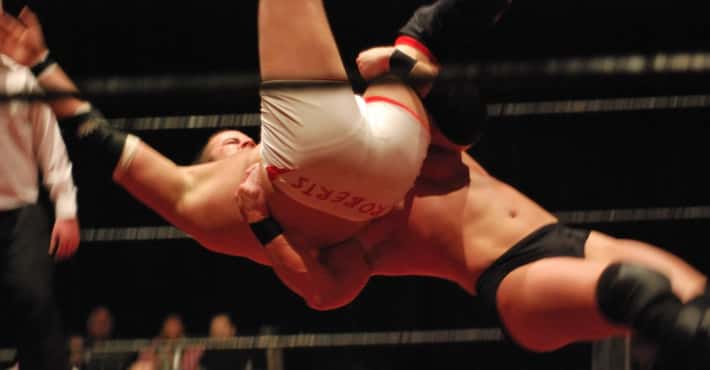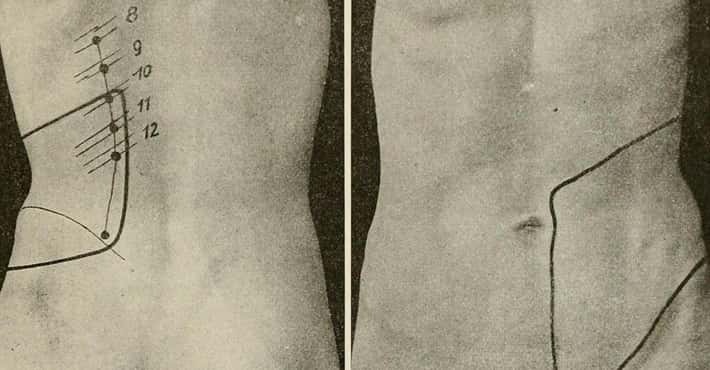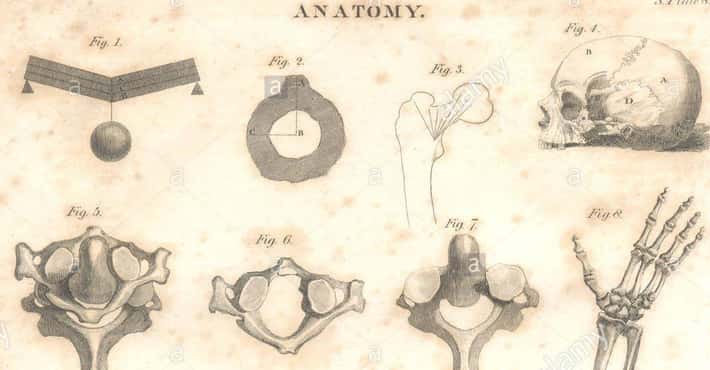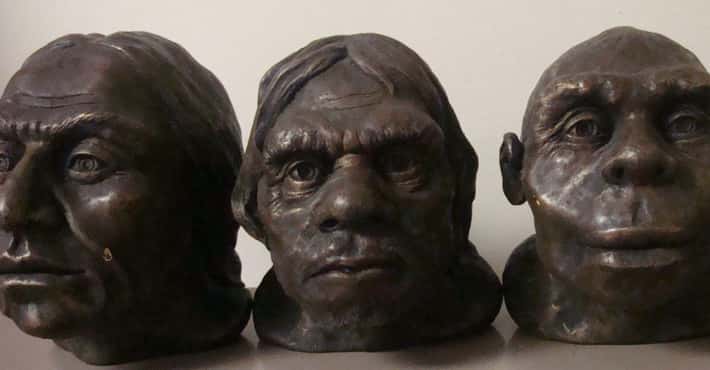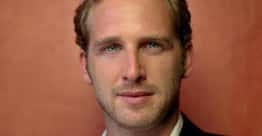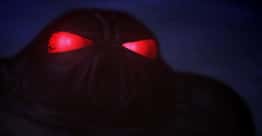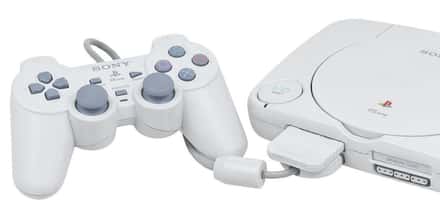Why Do Men Have Nipples?
Males Originally Follow A Female Blueprint
Photo: Andrzej Skawina/Antoni Marsinek MD / Wikimedia Commons / CC BY-SA 3.0In the first four weeks of development in the womb, human embryos follow a sort of genetic and developmental blueprint - essentially, a female one. During those four weeks, a fetus will begin to grow like a female, regardless of what sex and gender it turns out to be.
At week four, the Y chromosome begins to kick in, and the fetus becomes male. Before then, the baby has already started to develop some female characteristics, including nipples.
Males Develop Milk Lines Before Chromosomes Kick In
As a fetus grows in the womb, one of the first things it develops are milk lines that run from the upper torso to the lower abdomen. These milk lines actually develop before either the XX chromosomes or the XY chromosomes kick in.
Once chromosomes are in play, the milk lines begin to recede. The baby is then then left with a noticeable mark where the milk lines once extended to, as well as milk-producing glands called lobules. Females eventually develop breasts. Males just get a pair of nipples.
Testosterone In The Womb Makes Nipples Smaller
The presence of testosterone in the womb spurs the fetus's body to shrink those milk lines and breast tissue. The Y chromosome begins to change the genetic activity in a male's cells, particularly in his genitals and brain.
These changes impede any further development in the nipples and mammary papillae (the breasts), and even begin to shrink them somewhat. However, a fetus's body doesn't produce enough testosterone to make nipples go away or shrink to an unnoticeable size. So, all babies are born with nipples, regardless of sex.
Some Newborn Boys Lactate
It seems like a reasonable assumption that men's nipples are completely non-functioning. But that's not the always the case. Mothers have a hormone called prolactin, which helps them with breast milk development. This hormone can pass from the mom into the baby via the placenta. When this happens, babies' bodies might try to lactate as well. Some newborn boys will begin to leak milk from their nipples, in a phenomenon known as "witch's milk."
This can also happen later in life as well, but in that case male lactation is usually linked with hormone imbalance or illness.
Men Can Sometimes Breastfeed
For a while, scientists and historians theorized that early human males nursed their young just as often as human females, and that's why human males have nipples. While this idea has been widely rejected, there are communities where males do nurse. An African pygmy tribe, the Aka, has documented cases of males nursing babies. Men have also been known to begin nursing their children after their wife has died.
However, these cases are rare, because male nipples are typically not equipped to create milk and support a baby. But cuddling or spending time with a baby has been shown to increase the amount of prolactin males produce while cutting down on their testosterone. This allows males to develop their nipples into effective breasts.
Men Are More Likely to Have Extra Nipples
Photo: Internet Archive Book Images / Flickr / Public DomainHumans can be born with extra nipples, and it tends to happen more often to males than females. By some counts, the rate of increased nipple growth is one in every forty newborn babies. These bonus nipples often show up on the left side of male bodies, and tend to be small and underdeveloped. They are usually harmless, and can be easily removed.
Not All Male Mammals Have Nipples
Photo: John Lewin / Wikimedia Commons / Public DomainHumans are mammals, and they have nipples - but that's not the case for all of their hairy, warm-blooded brethren. Horses, mice, platypuses, and some other animals are born nipple-free. These animals begin to grow nipples while in the womb, but partway through development the nipples shrink or disappear entirely.
Human Males Lack A Key Nipple-Erasing Protein
Photo: Emw / Wikimedia Commons / CC BY-SA 3.0In 1999, Yale University published a research study on male mice, one type of animal that does not grow nipples. According to the study, a few days after mammary tissue has started to form in mice embryos, the mouse body produces a protein called PTHrP. This chemical acts as a sort of roadblock to female hormones, and signals the male hormones to go into overdrive, especially in the mammary cells. The male hormones erase the mammary tissue and milk line remnants, leaving male mice nipple-free.
Male humans, on the other hand, do not at have PTHrP in their bodies during development. Their nipples remain.
Natural Selection Never Got Rid Of Nipples
Why hasn't evolution gotten rid of male nipples entirely? Simply put, natural selection and evolution don't exactly work like that. Male nipples don't interfere with humans' lives. Their existence doesn't impede breeding, movement, or human survival. Therefore, there's no reason for natural selection to weed them out. They don't hurt people, so they're still here.
Nipples Are Hereditary
A human inherits genes from both their mother and father. This is because genes are coupled. The average person has two parents who had nipples. This means that the trait of having nipples was passed down on both sides, so the pair's children were highly likely to have nipples as well. If, somehow, a person had one parent without nipples, future children might be born without them.
Men Can Get Breast Cancer
Although male nipples are small, they can still pose a health risk. Males have enough breast tissue to get breast cancer. The numbers are lower than those among women, but in 2012, 2,220 American men were diagnosed with some form of breast cancer.
In Rare Cases, Men Can Be Born Without Nipples
Athelia is a rare condition where a person is born without nipples. It often means that the individual has no nipples, no breast tissue, and no signs of milk lines at all, and can affect one or both sides of the body.
Scientists aren't entirely sure of the cause, or how it impacts a person's health as a whole. Interestingly, this hereditary mutation often presents with webbed fingers.


